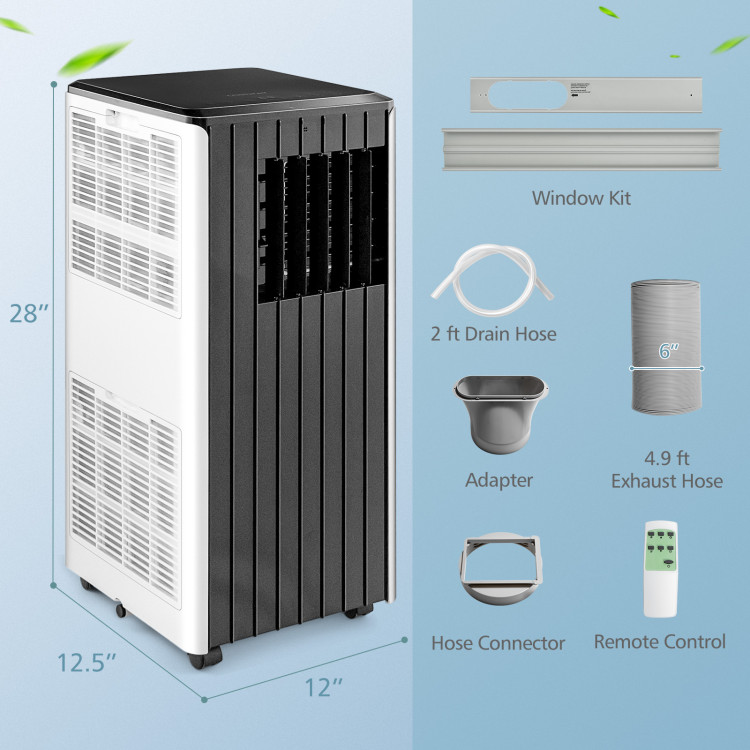When it comes to home improvements and upgrades, installing a mini split air conditioning system can be a fantastic choice for enhancing comfort and energy efficiency. However, before embarking on this project, it's essential to understand whether you need a permit to install a mini split AC. In this blog post, we'll delve into the factors that determine whether a permit is required and why obtaining one might be beneficial.
Understanding Mini Split AC Systems:
Mini split air conditioning systems, also known as ductless systems, are becoming increasingly popular due to their ability to provide efficient and targeted cooling without the need for extensive ductwork. These systems consist of an indoor unit, mounted on a wall or ceiling, and an outdoor compressor unit. They offer several advantages, such as zone cooling, energy savings, and easy installation.
The Permit Requirement:
The need for a permit to install a mini split AC varies depending on your location and local building codes. In many areas, permits are required for any electrical, plumbing, or structural work that alters your home's systems. Since a mini split AC installation involves electrical and sometimes minor structural modifications, it's important to check with your local building department to determine whether a permit is necessary.
Factors Influencing Permit Requirements:
1. Location: Different regions have different building codes and regulations. Some areas may have more lenient requirements, while others might be stringent about obtaining permits for even minor modifications.
2. Electrical Work: Installing a mini split AC usually involves electrical connections. If the installation requires changes to the electrical system, a permit may be necessary to ensure safety and compliance with electrical codes.
3. Structural Changes: Mounting the indoor unit on the wall or ceiling might involve drilling holes and making minor modifications. Even these seemingly small changes could require a permit to ensure that your home's structural integrity remains intact.
Benefits of Obtaining a Permit:
1. Safety: Building permits are designed to ensure that installations are done safely and up to code. This helps prevent potential hazards and ensures that the system operates without risks to your family or property.
2. Compliance: Obtaining a permit demonstrates your commitment to following local regulations. Non-compliance can result in fines, legal issues, or even having to undo the installation if it's found to be in violation of codes.
3. Resale Value: Permitted installations can enhance your home's resale value. Prospective buyers often prefer properties with documented, code-compliant upgrades, which can make your home more attractive on the market.
4. Warranty Protection: Some mini split AC manufacturers require installations to be done by licensed professionals and may void the warranty if the installation is not permitted or done improperly.
In the world of home improvements, the question of whether you need a permit to install a mini split AC is not one to be taken lightly. While the permit requirement varies based on your location and the specifics of the installation, it's always a good idea to err on the side of caution and check with your local authorities. Investing the time and effort to secure a permit can ensure the safety of your home, compliance with regulations, and the longevity of your mini split AC system. Whether you're enhancing your comfort or looking to increase your property's value, obtaining a permit is a step in the right direction.




















